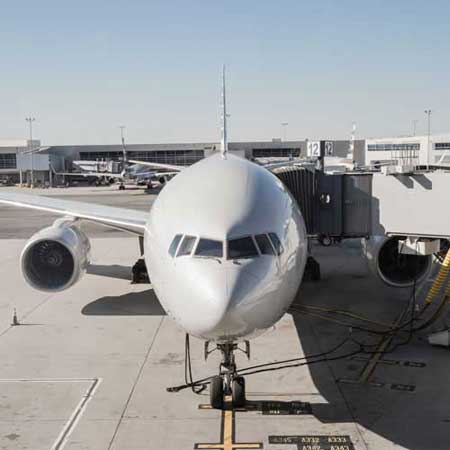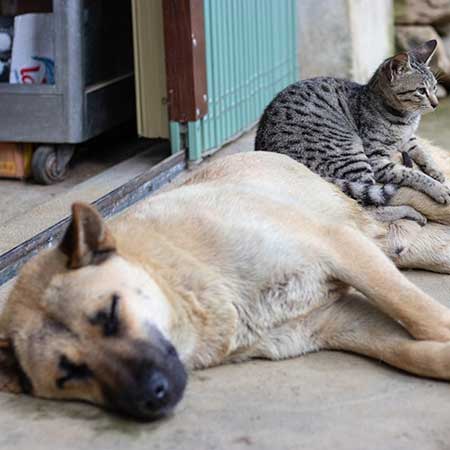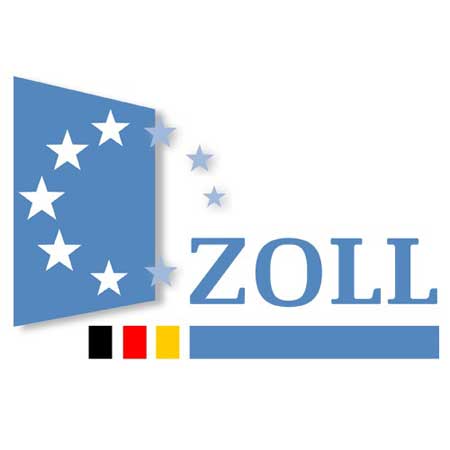There are different regulations pertaining to the import of pets from abroad with respect to EU and non-EU countries.
Dogs and cats transported across borders within the European Union are required to have a standard format Pet passport, in which the animals may be clearly identified. Since 3 July 2011, microchips are mandatory for newly registered animals. In addition to information on the animal and its owner, the pet passport must include veterinary proof that the animal is vaccinated against rabies. Especially with young animals, you should check whether the vaccination protection is effective. In total, no more than five animals may be transported.
For the import of dogs and cats from a non-EU country you need an official veterinary certificate in which the microchip number or the tattoo is entered. In addition, you must carry vaccination papers and, if applicable, the results of the blood test (rabies antibody test). In non-EU countries where rabies is present or where the disease status is unknown (e.g. holiday countries such as Turkey, Egypt, Morocco, Tunisia, Thailand and India), the blood test must be carried out in an EU-approved laboratory before departure. On import, the animals must be declared so that an identity check can be carried out. Please also note that entry with pets may only take place via approved entry points (this regulation does not apply to entries from Andorra, the Faroe Islands, Gibraltar, Greenland, Iceland, Liechtenstein, Monaco, Norway, San Marino, Switzerland and Vatican City).
For dogs, the municipalities levy an annual dog tax, which you can set up with your registration in the citizen’s office. The tax varies from municipality to municipality.
For pet birds within the EU, a maximum of three birds may be transported. A special official veterinary health certificate is required for parrots or parakeets.
The import of pet birds from non-EU countries is subject to a number of conditions to prevent the introduction and spread of ‘avian influenza’.
When entering Germany with rabbits, three animals can be taken along without further ado. For hamsters and guinea pigs there are no further conditions to consider.
Please contact the responsible veterinary authorities in good time to find out about specific regulations (e.g. import of so-called dangerous dogs) and the animal health regulations to be observed.
Further information of the Federal Ministry of Food and Agriculture:
Travelling with dogs, cats and ferrets within the EU
Entering the EU with dogs, cats and ferrets
Travelling with pet birds (in German)









